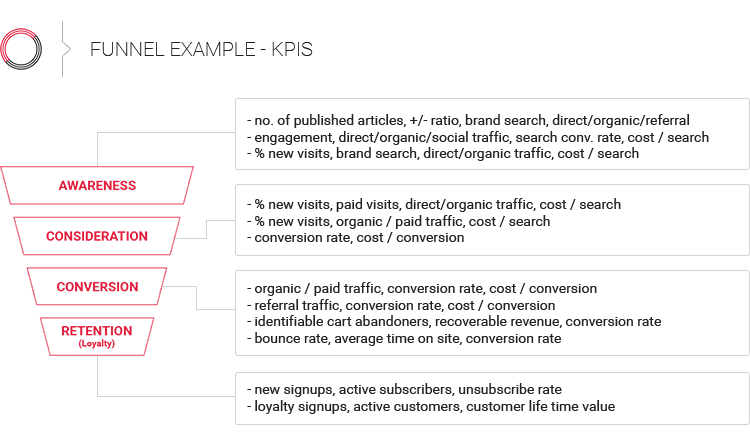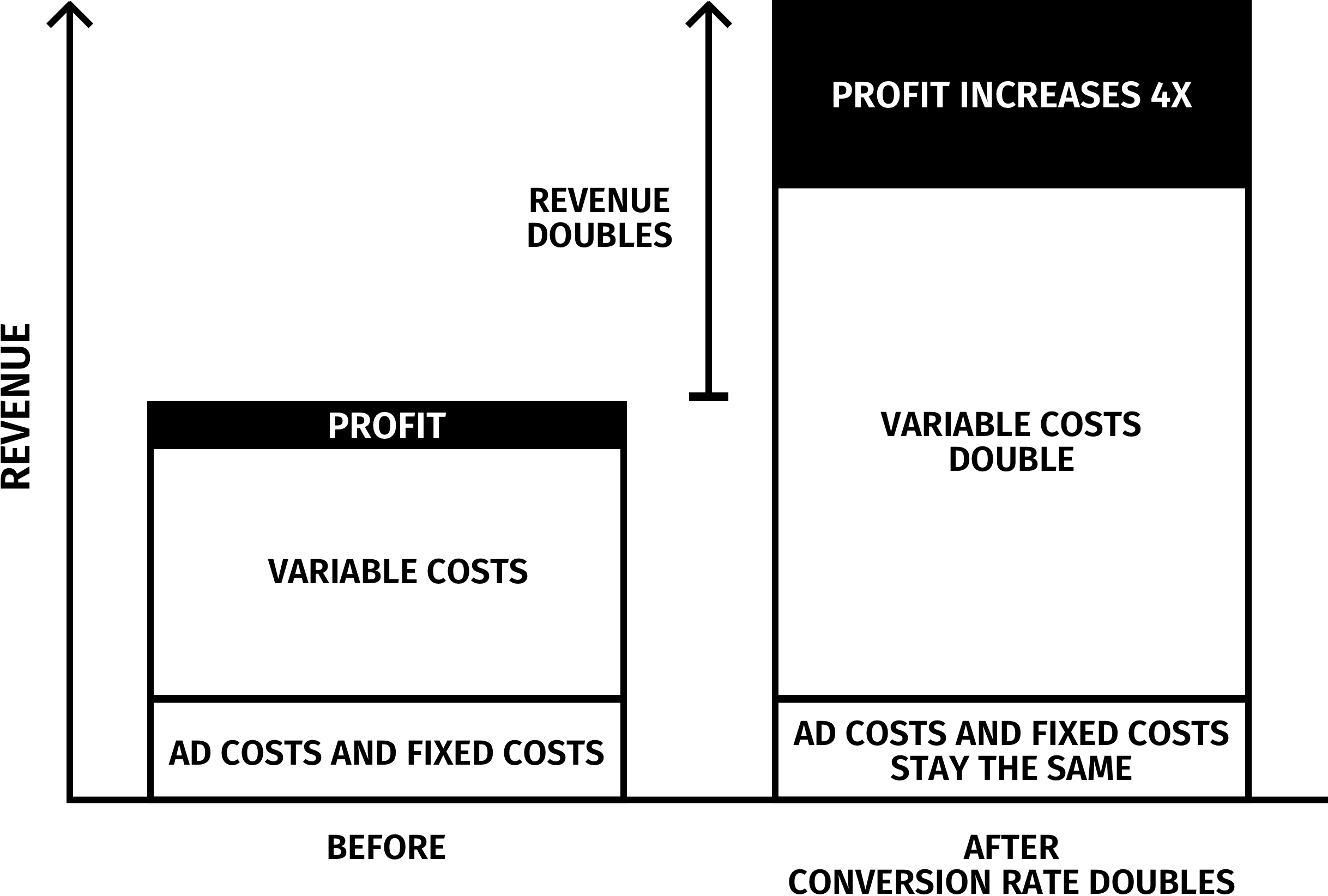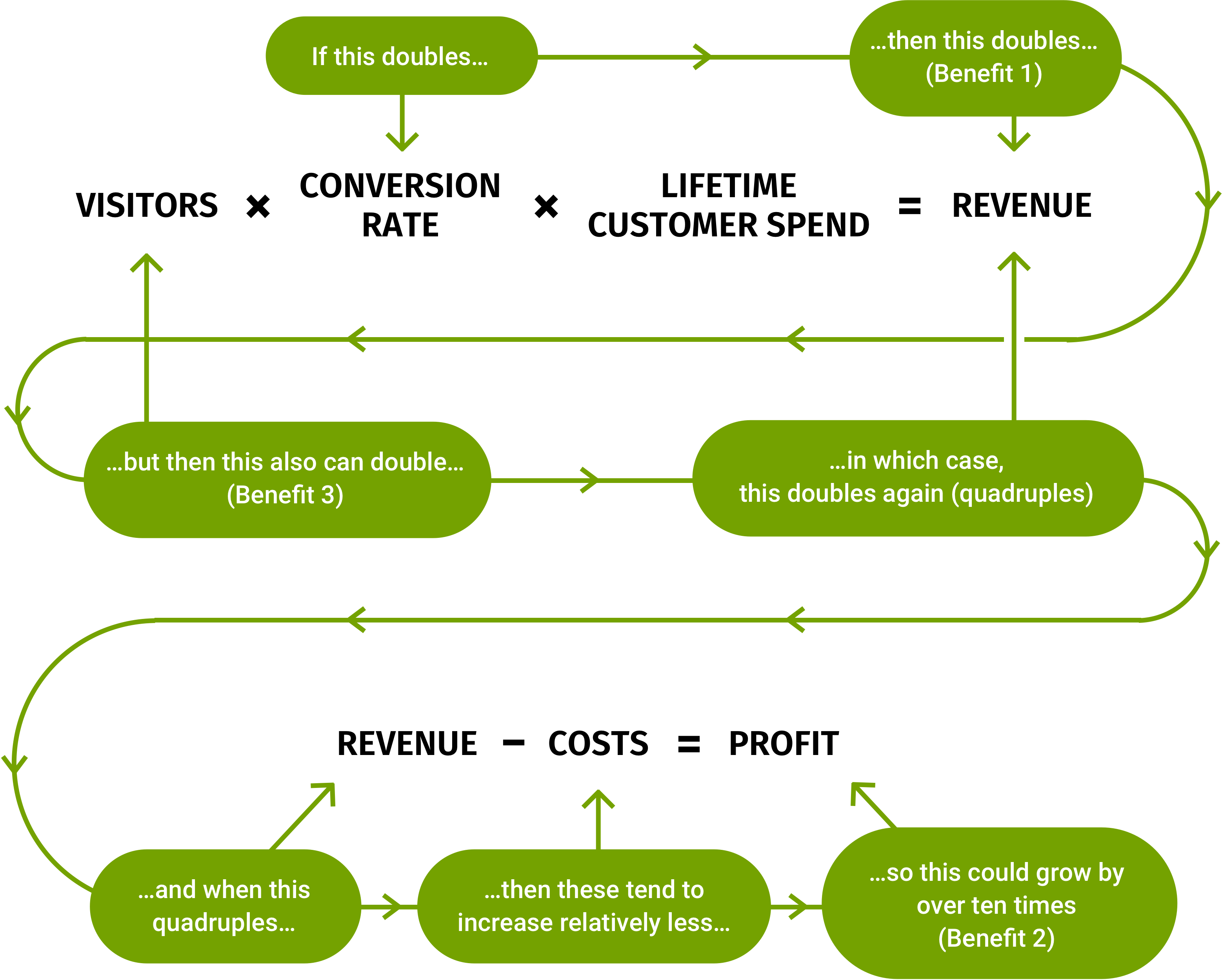Select Sidearea
Populate the sidearea with useful widgets. It’s simple to add images, categories, latest post, social media icon links, tag clouds, and more.


hello@youremail.com
+1234567890
+1234567890
Populate the sidearea with useful widgets. It’s simple to add images, categories, latest post, social media icon links, tag clouds, and more.


Iztok Franko
How can I help you to get exposure and support for your airline CRO program?
This is the question that was on my mind when I analyzed responses from 38 airline conversion optimization professionals in our 2019 airline CRO survey (you can download the full whitepaper here).
“Lack of resources.”
“Limited budget.”
“I am not sure if the business understands the need for this. ROI has to be clear and KPI’s [should be] driving improvement.”
“Most of the stakeholders have more interest in having new features than investing our efforts into CRO.”
Sound familiar to you? It probably does, because these are real quotes from airline pros when I asked them about the challenges of building their airline CRO programs.
So, who better to help you address these challenges than the experts who invented the term “CRO” back in 2007?
This is a true story. Dr Karl Blanks and Ben Jesson coined and trademarked the term (CRO) more than 10 years ago and have been Conversion Rate Experts (yep, that’s the actual name of their company) ever since.
A lot has changed since 2007. Now smart e-commerce pros recognize CRO as one of the most important marketing activities. However there are still many marketers that don’t understand the true value of CRO. According to Karl Blanks:
People still don’t understand why CRO is such a good idea. Even some companies who had done it and had loads of success with it, only notice in retrospect what a difference CRO made to the economics of their business.
So, I asked Karl and Ben to help us better understand the value of CRO and how you can get support for your airline CRO program.
Actually, I went even further and have provided you with 5 key elements for a successful airline CRO program. Think of this as a roadmap that connects all areas of the CRO process (all areas will be explained in detail in the whitepaper) together:
The first thing you need to understand is what Karl and Ben call the “Power Law of CRO.”
First, by increasing your conversion rate you get more customers with the same advertising budget. So, higher conversion, more revenue.
Second, your profit is even more sensitive to your conversion than your revenue is. Basically, when you double your conversion rate, not all of your costs double.

Source: “Making Websites Win“, Dr Karl Blanks and Ben Jesson
Third, when you increase conversion you open the door to new traffic sources.
As Karl puts it:
It’s the fact that when conversion is done right, the unit cost of acquiring the customer decreases. If your conversion rate increases, you can go from not being able to afford paid search traffic to being able to be hugely profitable on it. Once you’re profitable on it, then you can afford to buy more, which brings economy of scale.
Last and most important – all the above factors have a multiplicative effect.

Source: “Making Websites Win“, Dr Karl Blanks and Ben Jesson
Not bad, huh?
Now for the next step: once you truly understand the CRO formula, you need to explain it to your key stakeholders.
Ben and Karl have an interesting person in mind to start your CRO discussion with: your Financial Director.
In Karl’s words :
[The formula] is the most important phenomenon in web design and no one seems to know it. Weirdly, Financial Directors, the FDs, they get it straightaway. They are used to scenario and sensitivity modeling. So, FDs get it straightaway because that is the language they speak. Unfortunately, it’s more difficult to explain it to Marketing Directors, more often.
Selling your CFO on the benefits of CRO should help you get the conversation going, but to get the necessary resources, you’ll need to be able to measure the ROI of your airline CRO program.
Ben really stressed the importance of metrics:
The obvious thing to do first is to be clear across the whole organization about the metrics that are important to measure success. It’s no good getting a split testing tool if you’re not testing the right stuff. Metrics need to be discussed at a senior level. It’s a strategic decision; where do we want this business to be in five, ten years’ time?
Especially large organizations often end up optimizing things like click-through rate, these micro conversions. These might improve the website mildly or might help them get some statistically significant results, but don’t really change the business itself.
The first question we always ask our clients is, what is your vision for your company, where do you see [yourselves] competing in the future, what market are you trying to dominate and what are your real core metrics for your business to be able to measure these goals?
It really does start with measurements. Once the company has got the idea of what they should be measuring, the next thing is to look at what’s working and what isn’t – and on the website, that can be pretty simple.
Once you have the metrics and measurement part figured out, you can start with the optimization work.
Ben says understanding your customer, your user is the first step in any optimization:
It’s really about understanding your position in the marketplace, why your customers currently use you and why your qualified prospects don’t use you.
Now, to understand this you really need to understand how your users think. Sounds obvious, but this is often the most neglected part. We just don’t listen to our users enough. Or, as Ben puts it:
One thing that should be obvious, but it’s kind of not, is that most of the web is being built by technical people. But the most successful websites are built with real empathy and understanding of your user situation.
You’re so far from the users when you’re designing the webpage or when you’re looking at the web analytics reports. Users are not just pixels on a graph, users scrolling through a page. Imagine you have a thousand people queued in front of your door who wanted what for whatever reason couldn’t get it. They weren’t persuaded by it. You just go and ask them.
The breakthroughs we have with our clients is when we immerse ourselves in the users and the users’ problems and their experience. It’s all about becoming the customer and having the empathy.
The biggest part of the mindset change and the culture change is to become user-centric.
This is Ben’s take on why the mindset and culture really matter, especially in the travel industry:
One thing that’s interesting in an industry like travel, is you kind of have two segments of business. You have the airlines that were created as offline businesses, worked through travel agents and offline marketing. But then you look at the new wave of companies in travel, like Expedia, Google, Booking.com, Airbnb, who are taking the market share. They are just a very different kind of business.
No one at Google is having to go find a budget to run experiments, or to work on the user experience, or to get data to understand how to improve their website. Traditional companies have this challenge because they don’t necessarily have the culture or the expertise in-house in order to run the experiments, in order to get the data, in order to make the decisions.
In reality, if you don’t have the budget, if you can’t persuade the CFO to invest in a better user experience and to invest in tools to help you measure whether a change in the website has improved sales or decreased sales, than you don’t stand a chance.
The above steps will get your airline CRO program started. You’ll be able to start and run your first experiments and optimizations. However, we discussed a lot more with Karl and Ben in our talk. And I promise you it’s really worth watching! Especially if you want to learn how real CRO experts think and work.
Check the full interview notes below to see what else can you learn about conversion optimization:
Getting support and resources for your airline CRO program
Understanding your users
Skillset needed for a great CRO expert
Scaling up your CRO program
I am passionate about digital marketing and ecommerce, with more than 10 years of experience as a CMO and CIO in travel and multinational companies. I work as a strategic digital marketing and ecommerce consultant for global online travel brands. Constant learning is my main motivation, and this is why I launched Diggintravel.com, a content platform for travel digital marketers to obtain and share knowledge. If you want to learn or work with me check our Academy (learning with me) and Services (working with me) pages in the main menu of our website.
Download PDF with insights from 55 airline surveyed airlines.
Thanks! You will receive email with the PDF link shortly. If you are a Gmail user please check Promotions tab if email is not delivered to your Primary.
Seems like something went wrong. Please, try again or contact us.


No Comments